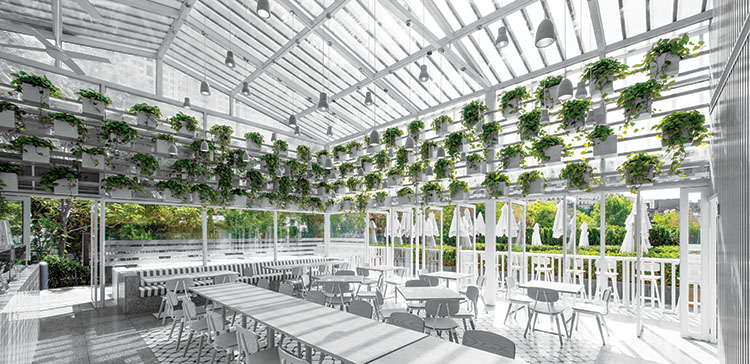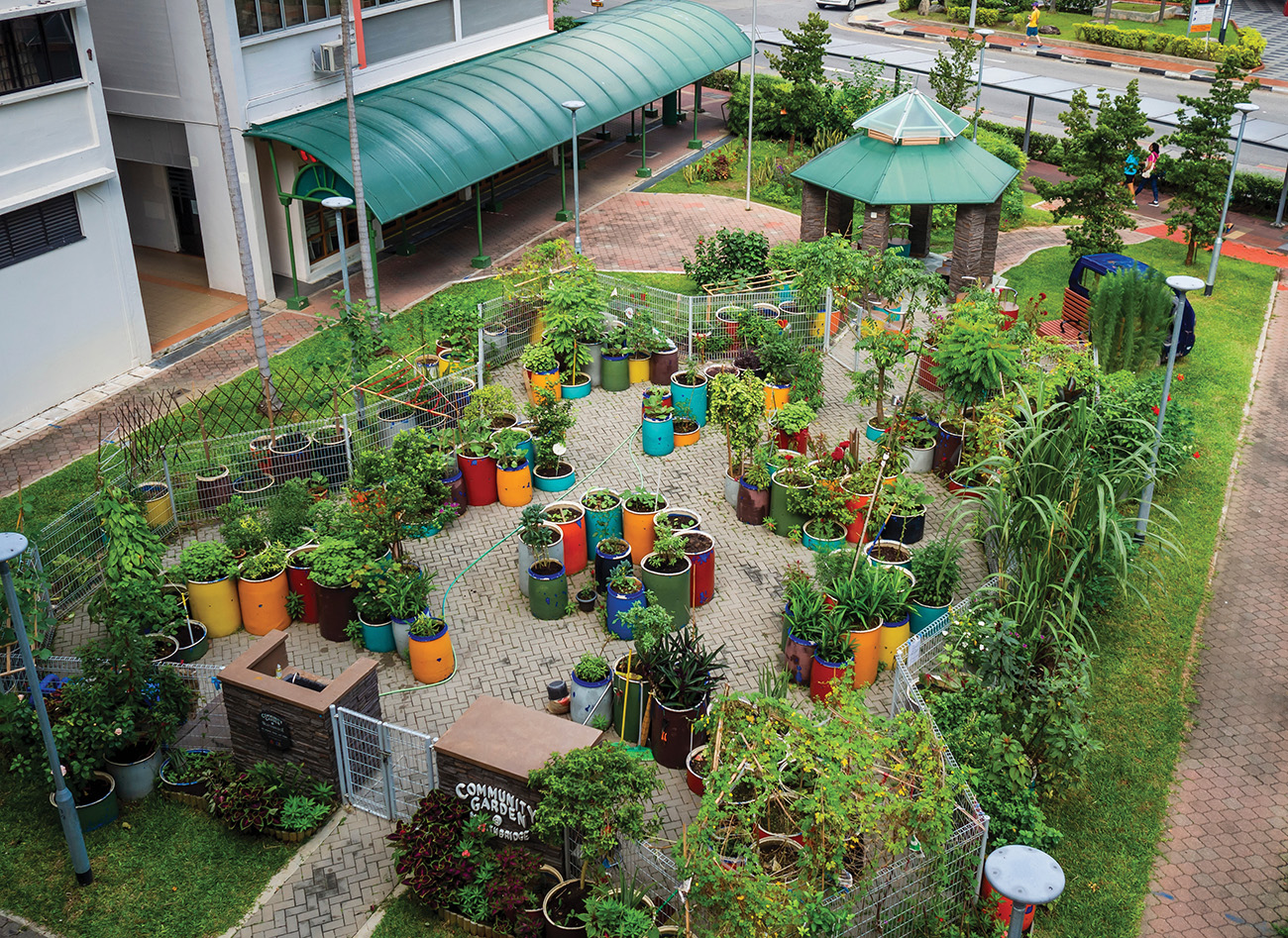The Sustainable Kitchen
July 28, 2017
by Miriel Ko
Eating healthy and sustainably is starting to shape the hospitality industry worldwide. Aside from catering to our changing diets, new food establishments are also looking at ways they can be designed to reduce waste and their carbon footprint.
After all, sustainability is not just about where food is sourced but also about how the restaurant is designed and operates. Ovens burn heat, dishwashers and lights consume energy and both the production and disposal of food require an abundance of energy and resources. Add in the materials required to build these establishments and you have even more design considerations to take into account when catering to both our appetites and the planet.
So what is a sustainable kitchen and what does it mean to design for health and sustainability?
Designing for a sustainable food industry that is well suited to both the clientele and the chef’s culinary tastes is nothing short of a challenge. As patrons look for restaurants that are more sustainable, providing transparency in the food supply chain is often key.
While not an entirely new notion, many kitchens are being designed with an open concept, allowing patrons to sit and view their food being made. This not only offers insights and whets people’s curiosity but also provides less opportunity to hide ingredients.
Online resources or labels indicating which products are sustainable or fair trade also help increase transparency (i.e. Ocean Wise and the Rainforest Alliance), and many patrons would rather pay more knowing that their food is sourced sustainably or organically. This has led to a market of restaurants tailoring to more farm-to-table dining and menus catered to more specific food diets.
With it also comes a shift in kitchen design.
To read the complete article, get your hardcopy at our online shop/newsstands/major bookstores; subscribe to FuturArc or download the FuturArc App to read the issues.
Previously Published Commentary
Contact us at https://www.futurarc.com/contact-us for older commentaries.



